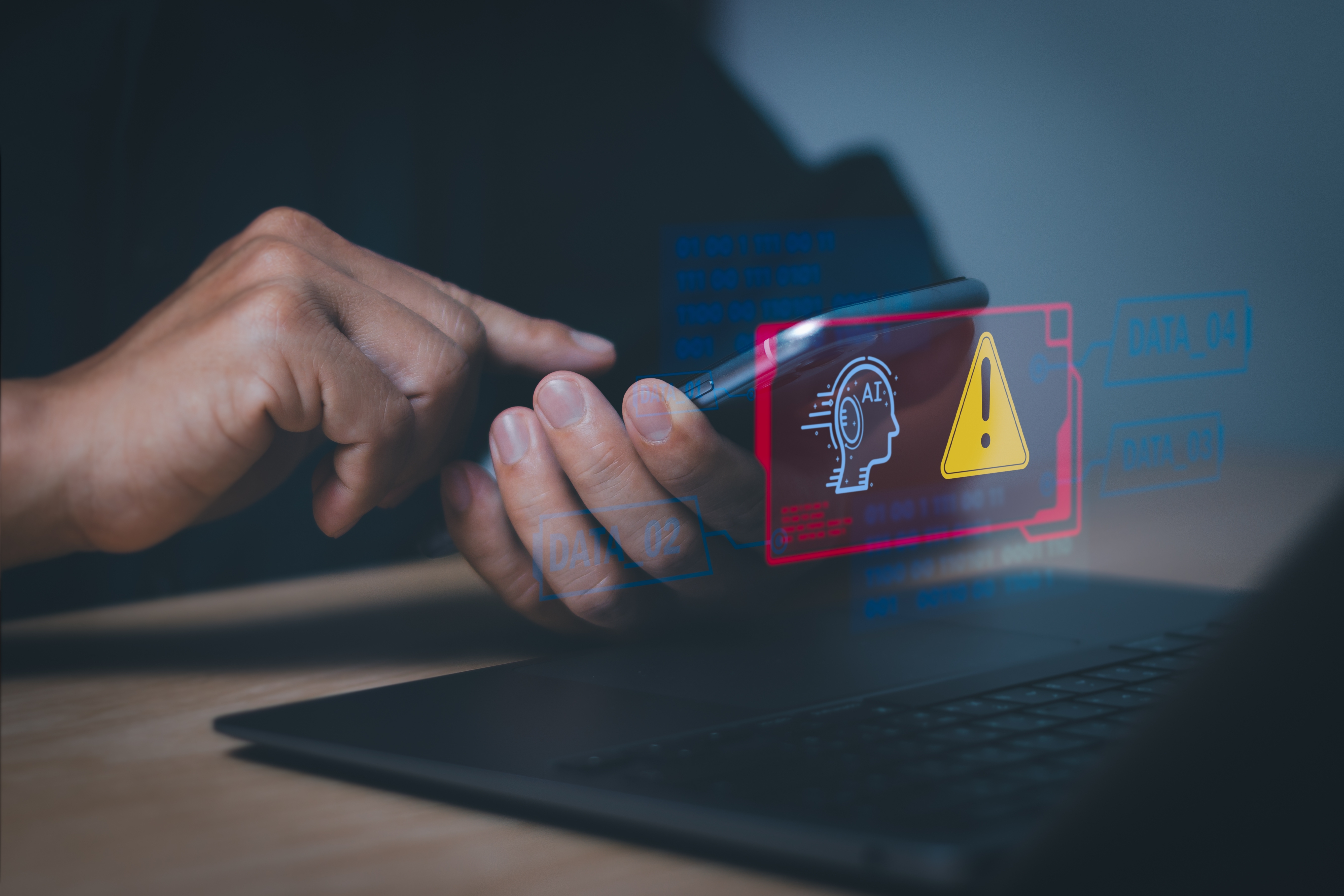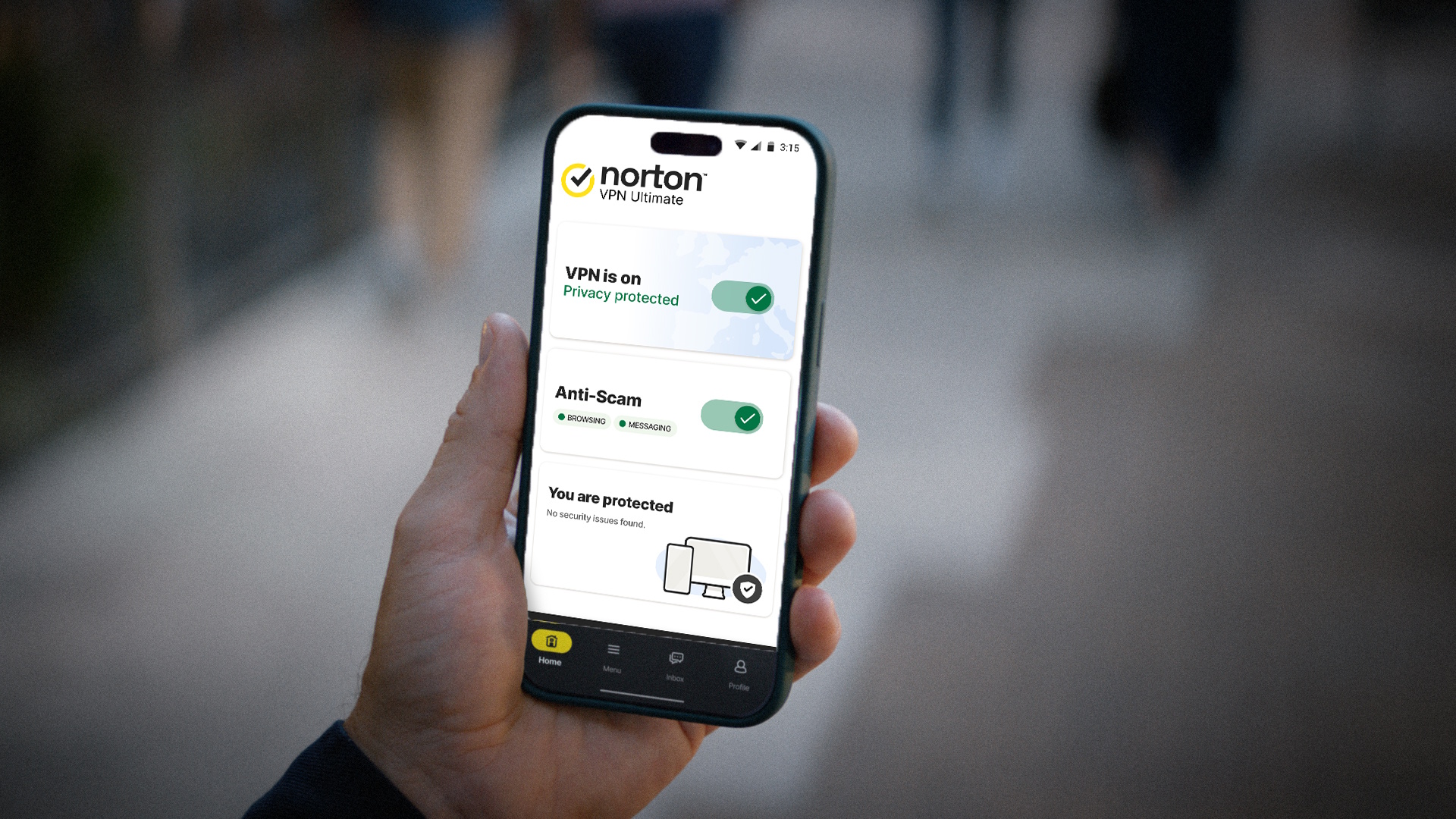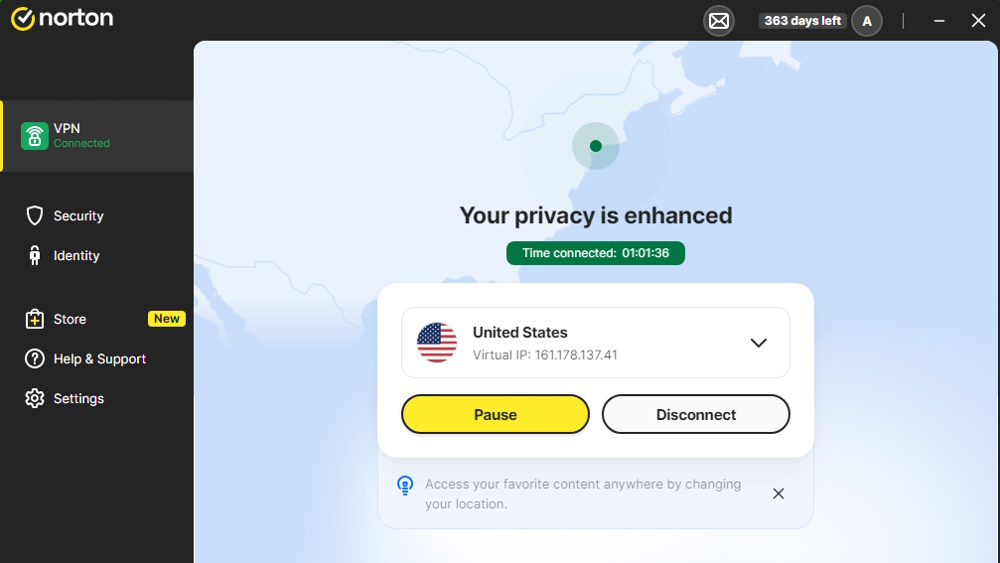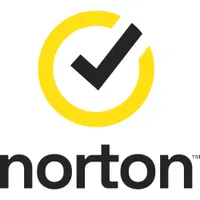Sponsored by Norton VPN
The future of online privacy: why VPNs will be non-negotiable
"It's a very, very good basic step to having your online presence protected"

"Scams are going to absolutely new levels. Our credibility, at the moment where we need it, is at risk because of surveillance. And we cannot be free because we are manipulated so much."
It wasn't long into our conversation with Filip Hlinka and Himmat Bains from Norton VPN, before the bleak picture of online privacy was laid out in stark terms.
They're far from alone in their consternation over the future of individuals' online privacy, but – at the vanguard of the industry iterating the tools to safeguard it – they are uniquely placed to explain the most prominent dangers we face and what we can do to counteract them.
They told us about how threat actors are becoming more sophisticated, why AI-powered cybersecurity threats are fast becoming the latest tool in their armory, and how VPN products like Norton's are positioning themselves as a one-stop shop for staying protected.
The key threats: data tracking, fragmentation and AI
So, what will be the biggest risk to individuals' online privacy in the foreseeable future?
Data tracking
Product Lead for Norton VPN, Himmat Bains, didn't need any time to think about his answer:
"The first and the most prominent is data tracking."
While this has long been the domain of internet service providers (ISPs), online advertisers and even governments, Bains is concerned about how much data collection is being conducted by AI chatbots and LLMs (large language models).
Why is any kind of data tracking a problem? Because it can be used against us.
Filip Hlinka – VP, Product Management of Privacy Products
"People are collecting that data, harboring that data. I think that's going to be incredibly dangerous going forward."
Indeed, it scarcely feels like a day goes by without a report of yet another data breach, and only last month we reported on hundreds of LLM servers being left exposed, potentially leaving the doors open to cybercriminals.
AI-powered scams
Artificial intelligence is also at the forefront of the mind of Filip Hlinka, VP, Product Management of Privacy Products.
"In the next 5 to 10 years, it's going to be almost impossible to recognize what's real and what's not."
Where it has previously been possible to detect a scam simply by the language used or the way an email was written, they're now conjured up, Hlinka explains, by algorithms that learn, adapt and personalize faster than ever.
To illustrate their sophistication, he cites his own recent brush with a scammer when selling his car.
The scammers spent three days priming Hlinka with lifelike communications before sending over a link for his bank details. Luckily, the price they were offering was so absurdly high, his suspicions were triggered and he sidestepped the sting.
Failure to adequately protect your security will only increase the success rate of AI-powered scams – a viewpoint that chimes with the kind of warnings being issued by other cybersecurity experts on the subject of sky-rocketing AI impersonation scams.

Disinformation
"How do we pick which information we should rely on?"
Hlinka reiterates a question on which all of us should mull in an age of information overload from our social media feeds, agenda-led news sources and online forums.
Misinformation has already become the scourge of so-called free and fair elections around the planet, with Russia's interference in US presidential campaigns being well documented.
"The internet’s information flow is no longer neutral," Hlinka says. "It can be filtered, manipulated, ranked, and even region-blocked in ways that can quietly shape what you see and believe."
And, as the technology to produce realistic AI-generated content becomes even more advanced and readily available, the risk of having our worldview manipulated by misinformation will only grow exponentially.
Fragmented privacy laws
Although their nature is morphing and developing at pace, scams and misinformation are nothing new. Fragmented policy laws in an era of globalization, however, are a relatively fresh conundrum to deal with.
While the internet has no borders, says Bains, privacy laws do.
"Each nation has a fragmented approach to privacy. So you have different states in the US taking an approach. You have China taking an approach."
VPNs are essential in giving people more control over their digital footprint, regardless of their jurisdiction.
Himmat Bains – Product Lead for Norton VPN
That's a huge threat to individuals' privacy, as your data becomes potentially vulnerable when you go to another country.
"If I move from Spain to India, if I move from India to Singapore. There is no universal approach to handling data, to handling online privacy.
"It's fragmented and split up, and that will be a very big threat."
How VPNs help protect our online privacy
For anybody whose relationship with VPNs (virtual private networks) starts and ends with watching NFL games when out of market or streaming HBO Max while on vacation, they may struggle to see how the software is a natural first line of defense against the kind of threats outlined above.
But Bains and Hlinka explain how VPN products like Norton can be, in Bains' words "a very, very good basic step to having your online presence protected" and make them an essential component of an individual's privacy toolkit with respect to the threats they describe.
Data tracking
Since the dawn of the software being widely available to everyday internet users around a decade ago, VPNs have been marketed as a way to hide personal data and behavior from your ISP.
Bains compares ISPs to postal workers who are trying to take a peek at what's inside the envelopes they're delivering to see who you're writing to, what you're writing, when, and how often. VPNs seal those envelopes shut.
"A VPN acts as a barrier to prevent data collection on you," says Bains, encrypting your connection so that your ISP can’t build a profile of your interests, online habits or schedule.
Masking your IP address means that you're giving less data to your ISP, thus giving you greater agency over the information that you're giving out.

But what of the tracking carried out by AI companies?
Hlinka makes the analogy of using a VPN as like wearing a kind of "digital camouflage" that hides your location and browsing trail, making it a lot harder for algorithms or AI training systems to connect your actions to your identity.
AI systems thrive on patterns to predict and categorize your behavior, he says – VPNs help to break that pattern.
AI-powered scams
The kind of AI-driven scams described by Hlinka work by analyzing public data and location clues, and browsing patterns to appear more convincing. He describes it as being like a mimic that’s spent years studying a voice in order to pull off a pitch-perfect impression.
By masking your IP address and scrambling the trail of where you go online, VPNs help to cut off the clues that scammers use to target you.
After all, if the mimic has no prompts to learn from, they're not going to manage a very convincing impression.
Combined with a full array of other cybersecurity tools (more on that below), the basic VPN tool can help to keep your personal world off limits to the digital pickpockets now powered by AI.
Disinformation
While there's an obligation on us all as online citizens to interrogate the veracity of what we see online (if that video of Taylor Swift endorsing Donald Trump's bid for the White House seems unlikely, it probably is!) it's comforting to know that there are tools out there that can help distinguish the facts from the fakes.
We are absolutely facing an overload of information. How do you distinguish what's real and what's not?
Filip Hlinka
The nature of a VPN's ability to let you securely connect to servers in other parts of the world gives you the opportunity to understand alternative perspectives and worldviews.
This is especially important in countries where the news is curated and delivered by state-run media.
"It’s like tuning a radio that suddenly picks up more stations," says Hlinka, "helping you hear the full story instead of the same tune on repeat.
"It doesn’t tell you what to believe. It just gives you the freedom to see more and make up your own mind."
Fragmented privacy laws
"VPNs are essential in giving people more control over their digital footprint, regardless of their jurisdiction," explains Bains.
A VPN can act as your passport to consistent privacy.
It's where the software's combination of powerful cybersecurity and IP spoofing is uniquely useful. VPNs build a single, encrypted tunnel around your connection, so your data isn’t exposed simply because you crossed a digital border.
"It’s like traveling with your own personal bubble of privacy that goes wherever you do."
Are VPNs a one-stop solution against online privacy risks?
It occurs to Hlinka and Bains that no other internet security software has an array of features to match those of a VPN to deal with the threats outlined above.
"VPNs, in the landscape described, are a foundational piece you should have in place," states the former.
And the trend towards VPNs as a one-stop solution against online vulnerabilities, as opposed to a siloed product with a very specific purpose, is another piece in the puzzle towards their ongoing indispensability.
The future [of cybersecurity] is having an all-in-one product – Norton has that all-in-one product.
Himmat Bains
"We've got to evolve beyond just IP masking to multi-layered protection, obfuscation, advanced traffic blocking, IP rotation and, ultimately, stronger encryption," says Bains, describing how Norton is leading the way when it comes to offering an all-in-one suite that offers multiple layers to protect you on all fronts.
"If you look at our VPN products and what's offered in those tiers, everything is exceptional, and it's at the best of what is offered," he says, referring to features on its Plus and Ultimate plans such as AI-powered phishing and malware protection, dark web monitoring and a bundled-in password manager.
Having developed a reputation over the past few decades for its trusted antivirus software, Norton is now on a mission to build the best VPN.
Next on the roadmap are iterative improvements to its double VPN feature and proprietary Mimic protocol that is designed to offer resistance to quantum attacks and emerging computing threats.
"We're at the forefront of building something that every other VPN wants to build", says Bains.
"We have it now."
Sign up to Norton VPN with TechRadar's exclusive offer
Our lucky readers in North America, the UK and Australia can take advantage of discounts on Norton VPN's feature-packed Plus and Ultimate plans thanks to this exclusive offer. All carry a generous 60-day money-back guarantee, meaning you can give Norton VPN a try risk free!
– Get Norton VPN in US & Canada with our exclusive deal
Adam was formerly the Content Director of Subscriptions and Services at Future, meaning that he oversaw many of the articles TechRadar produces about antivirus software, VPN, TV streaming, broadband and mobile phone contracts - from buying guides and deals news, to industry interest pieces and reviews. Adam has now dusted off his keyboard to write articles for the likes of TechRadar, T3 and Tom's Guide.

